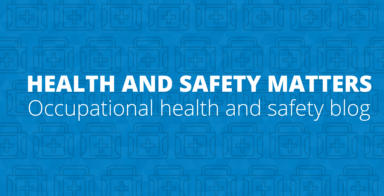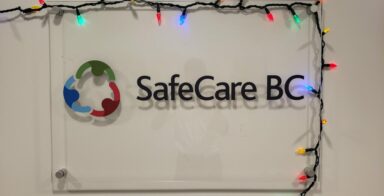Resources & Tools
Resources and Tools
View All
Motor vehicle incidents are among the leading causes of traumatic workplace injuries and fatalities in BC. The Safe Driving for Work Checklist has been developed to help employers and their workers take proactive steps to manage driving-related risks. This checklist serves as a practical guide to reinforce safe driving practices and is designed to be used before, during, and after each trip.
Files Attached
In long-term care it is increasingly apparent that who is on shift is just as important as how many staff are on shift. Quality care is difficult to achieve when we do not routinely engage with one another in a positive, or civil, manner.
View ToolkitTraining & Education
Training and Education
View All
Starting at $20
An online, self-paced course empowering healthcare professionals, caregivers, and families with accessible and practical, person-centred dementia education. Anytime. Anywhere.
View E-LearningPrograms & Services
Programs and Services
View All
Register
Leading from the Inside Out
Leading from the Inside Out provides a safe space for leaders in continuing care to share their challenges and learn self-care practices.
View ServiceThe Provincial Violence Prevention Curriculum is recognized as best-practice in violence prevention training for health care workers.
View ServiceGuidelines & Regulations
Guidelines and Regulations
View All
News Story
Regulatory changes to emergency planning for chemical and biological agents
April 25, 2025
Amendments to the Occupational Health and Safety Regulation (OHSR), Part 5: Chemical Agents and Biological Agents – Emergency Planning came into effect on February 3, 2025. Changes include additional requirements to minimize the risk, likelihood, and harm caused by an emergency involving hazardous substances. Hazardous substances include biological, chemical or physical hazards that may reasonably […]
View News StoryWorkSafeBC has acknowledged an error in calculating the 2025 insurance premiums that are paid by our two member employer groups–those providing community health support services (classification unit 766006) and those in long-term care (classification unit 766011).
View News StoryGuidelines and Regulations
Regulatory News


















